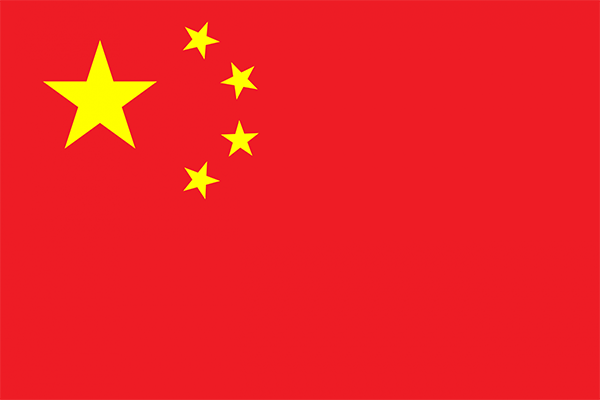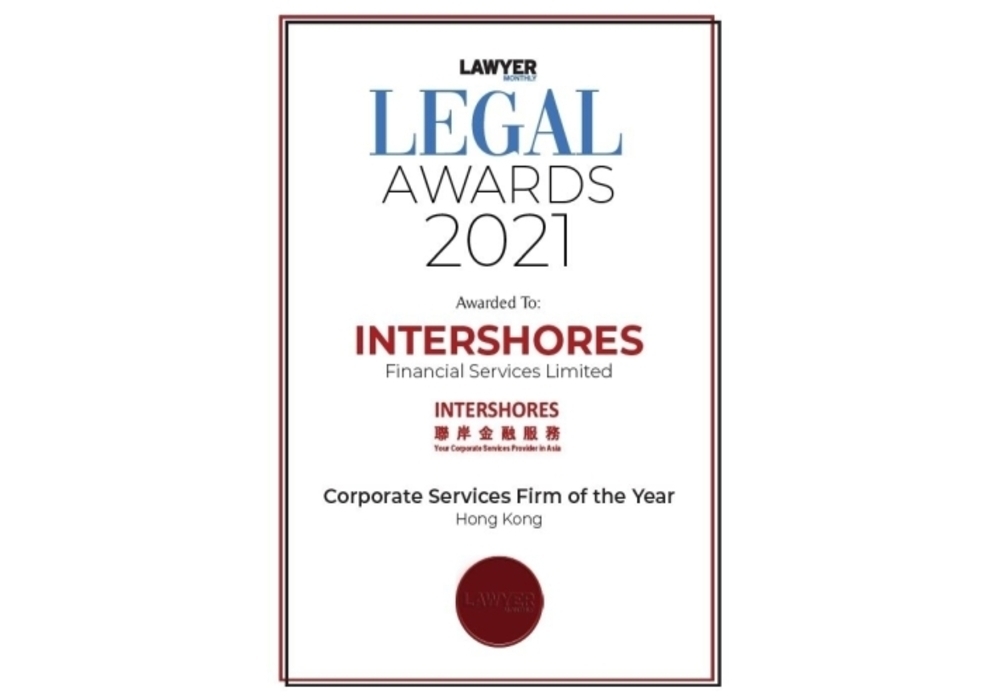Singapore is situated at the southern tip of the Malaysian Peninsula. Strategically located along the major shipping and air routes of Asia, it is the major nerve centre for trade and investments in the region. Setting up a Singapore company has the following advantages:
Advantages of A Singapore Company
- Mature and flexible banking system
- Well developed capital markets
- Can act as an international hub
- 17% attractive tax rates compared to other world leading business center
- No tax if profits from offshore business not remit to Singapore
Singapore Company Is A Good Vehicle For
- International Trading
- Investment Holding
- Financial Corporation
- Intellectual Property
- E-commerce
Three Simple Steps For Incorporating A Singapore Company
|
Supply Information |
Sign Documents |
Receive Documents |
|
Submit information online or fill the download form. Our officer will contact you to confirm service, collect KYC and verify documents. Pay fee. |
Prepare incorporation documents and sign registration documents. |
Collect incorporation documents. |
Documents Required For Setting Up A Singapore Company
- Passport or certified copies (if we cannot meet in person) of all the directors/ shareholders/beneficial owners.
- Residential address proof or certified copies of all the directors/ shareholders/beneficial owners (must be in English or English translation).
- Our due diligence form.
Attractive Cost For Singapore Company Formation
- Simple & confidential
- 24/7 Support
- 100% success rate
Recommended Services:













